With all the acronyms and abbreviations in technology, learning about simple computing terms, definitions, and systems is tough. From HTTP to MySQL, and DDoS to SaaS, you’d think everyone in technology didn’t have enough time to write full words. However, abbreviations are a reality of embracing computing and web design, so if you can’t beat ’em, join ’em! In the world of WordPress, a frequent situation we see is the comparison between SSH vs SSL.
What do these abbreviations mean, and how do they affect your work on a WordPress website, or any type of site for that matter?
Is there any reason to understand the inner workings of SSL? Does the SSH vs SSL comparison make sense? Or do they simply get confused because of the similar letters?
These are all valid questions, so keep reading to learn more about SSH vs SSL and what they both mean for you as a WordPress user.
SSH vs SSL: What’s the difference?
First, the key differences in a nutshell:
| SSH | SSL | |
|---|---|---|
| Meaning | Secure shell | Secure sockets layer |
| What's it do? | Creates a secure remote link to a server. | Creates a secure connection between a website and user. |
| It protects: | Your site files from being compromised or stolen when managing them on your server through a remote connection. | Personal and transaction information typed in by users on your site. |
| Benefits | Secure connection to your server, minimal hackers, and site file security. | SEO improvements, user trust, overall site security, no legal issues, and limited hackers. |
| Where to get it? | From your host. Sometimes it's not available at all. | From your host or at Let's Encrypt. |
To begin our analysis, we’ll explain what the actual abbreviations stand for and link to additional resources that dive deeper into the topics.
What is SSH?
SSH stands for “Secure Shell.”
It’s a protocol that lets people control a server over the internet.
If that doesn’t make any sense, we’ll explain how it works with an example.
Overall, a secure shell connection occurs when a user has a server (often a hard drive or a simple computer). That person goes onto another computer not located in the same spot. They log onto the internet with a secure shell connection to completely control everything on the original server. That may involve adding new files, deleting some, or reformatting the disk.
What’s the point of that?
Many servers are accessed via remote connections. When you run a website, there’s a good chance your site files are hosted on another server, in a different state, country, or at least a different room.
You could walk to your hosting company and ask to see the server for a direct connection, but they probably wouldn’t let you tamper with their expensive servers, and it wouldn’t be practical to go there.
Therefore, a remote internet connection is required.
Unfortunately, a remote connection opens up opportunities for bad guys to intercept data transfers. That’s where the SSH comes into play.
The SSH secures the remote connection between your computer and the server.
Why SSH is important for your WordPress site
If you have a WordPress website, you have several hosting options. One is to self-host. This places your website files on a host’s servers, which are not near your immediate location.
For beginners, paying for hosting often means forgetting about that technical process and leaving it up to the hosting professionals, especially if you get managed WordPress hosting.
As you learn more about WordPress, you may want to connect to the server and add your own files for things like themes, plugins, and custom code. If that’s the case, you’ll want to secure the remote connection.
The reason for the SSH is so that your file transfers aren’t intercepted, or so that hackers don’t find a route to place their own software on that server. As a result, your website is more secure and nothing is stolen.
How to obtain SSH on WordPress
Secure shell access is easiest to handle when it’s offered by your hosting company. Sometimes you have to turn on SSH access, but many times it’s on at all times.
Speak to a customer support rep or salesperson at the hosting company of your choice to learn about its SSH offerings.
In general, they’ll either say SSH isn’t available, that you can access it via a one-click button, or you must use an SSH key and a system like puTTY (this process is typically only used by developers, but it’s not that difficult to walk through the steps if you’d like to try).
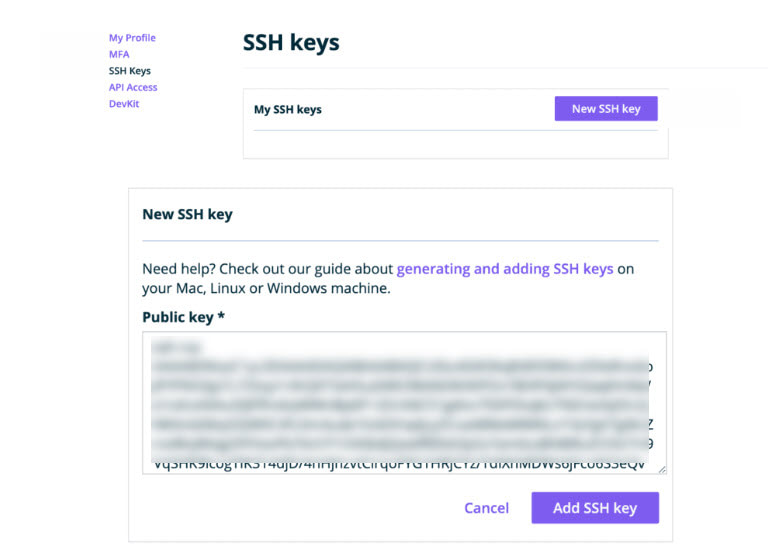
You also may be able to find documentation from your host on how to connect to SSH. For instance, Kinsta has a nice guide here if you use them.
What is SSL?
SSL stands for “Secure Sockets Layer.”
Makes total sense, right?
Well…maybe the actual words make it even more confusing.
The simplest way to define a secure sockets layer is that it’s a data encryption tool for your website.
An SSL connection encrypts (scrambles) the data being sent back and forth between a website and its user. This way, no one else can see what communications are happening.
What’s the point of that?
Encrypting your communications on a website prevents hackers from grabbing personal or financial information without permission.
Without SSL, it’s possible for a malicious actor to sit in between your web browser and the website you’re browsing to see the information that you’ve submitted, such as your password or credit card information.
For example, if you’re using Wifi at your local coffee shop, someone malicious who’s connected to that same Wifi connection could snoop on all the data that you send between your web browser and the website without SSL.
However, SSL, and its companion HTTPS, scrambles those details for the outside world. The user and the website can still communicate as usual, but it’s like a jibberish language to anyone trying to snoop on that traffic.
This improves privacy for all visitors on your website, which is particularly important when collecting personal details and credit payment information through eCommerce stores.
Why SSL is important for your WordPress site
Here’s why it’s important to have an SSL on your website:
- With an SSL certificate, you can use
httpsinstead ofhttp. - You secure your own information, such as when you enter your password to log in to WordPress.
- You protect your visitors’ information, such as what they enter into your contact form.
- Google is heavily pushing SSL for all websites and even uses it as an SEO ranking factor. This means that websites with SSL certificates have a better chance of moving up in the search rankings.
- Showing that you have an SSL keeps your customers at ease and may prevent people from leaving.
- Online stores are better secured and are most likely going to see better sales if they have SSL.
How to obtain an SSL certificate for WordPress
You need an SSL certificate to secure your website and enable the more secure https instead of http (the part that comes before your domain name).
In the past, SSL certificates were expensive. Today, you can get them for free through your hosting company (ask them during the sales process,) or by going to the Let’s Encrypt website and adding it yourself.

Once you install an SSL certificate, you need to configure your website to use SSL.
For the absolute easiest way to configure WordPress to use SSL, install the Really Simple SSL plugin.
Learn more about how SSL works and how to manage an SSL certificate on your WordPress site.
We also recommend reading how to renew your SSL certificate and looking at the cheapest places to find SSL options for your WordPress site.
SSH vs SSL: Summary of the differences
| SSH | SSL | |
|---|---|---|
| Meaning | Secure shell | Secure sockets layer |
| What's it do? | Creates a secure remote link to a server. | Creates a secure connection between a website and user. |
| It protects: | Your site files from being compromised or stolen when managing them on your server through a remote connection. | Personal and transaction information typed in by users on your site. |
| Benefits | Secure connection to your server, minimal hackers, and site file security. | SEO improvements, user trust, overall site security, no legal issues, and limited hackers. |
| Where to get it? | From your host. Sometimes it's not available at all. | From your host or at Let's Encrypt. |
If you have any questions about SSH vs SSL, let us know in the comments section below!



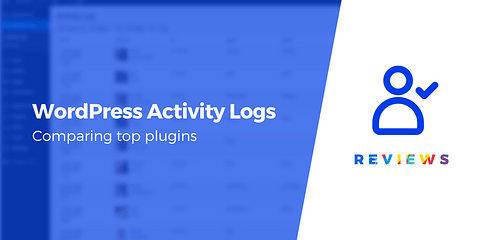
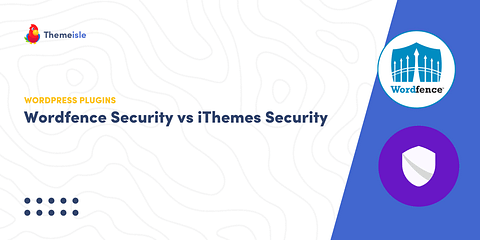


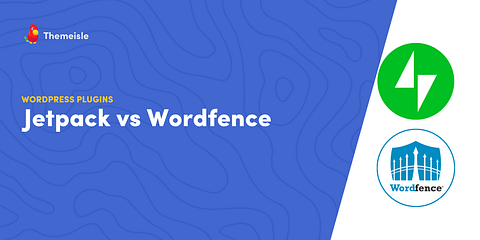





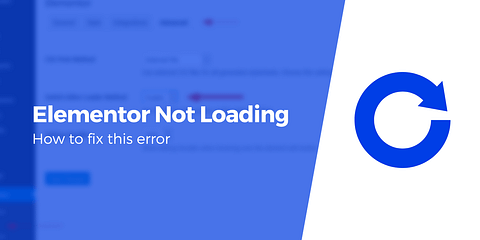
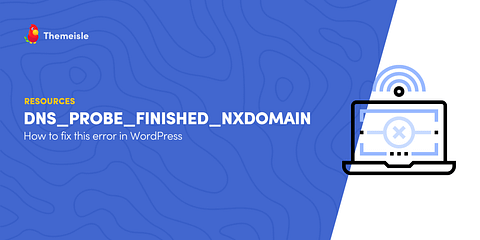
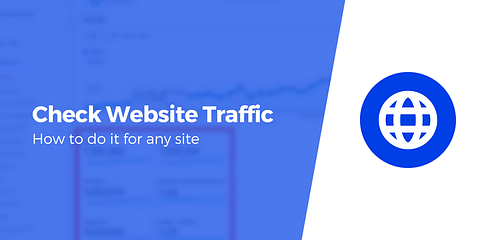
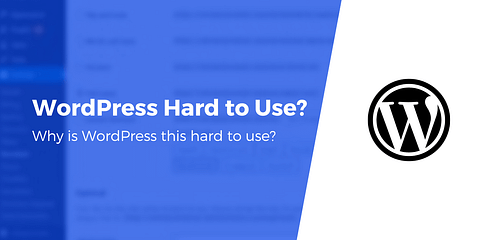
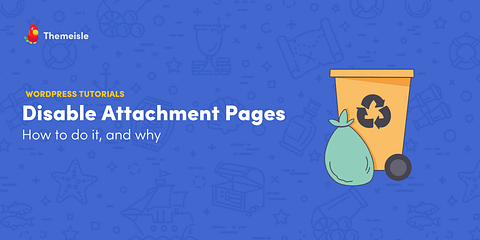



Or start the conversation in our Facebook group for WordPress professionals. Find answers, share tips, and get help from other WordPress experts. Join now (it’s free)!